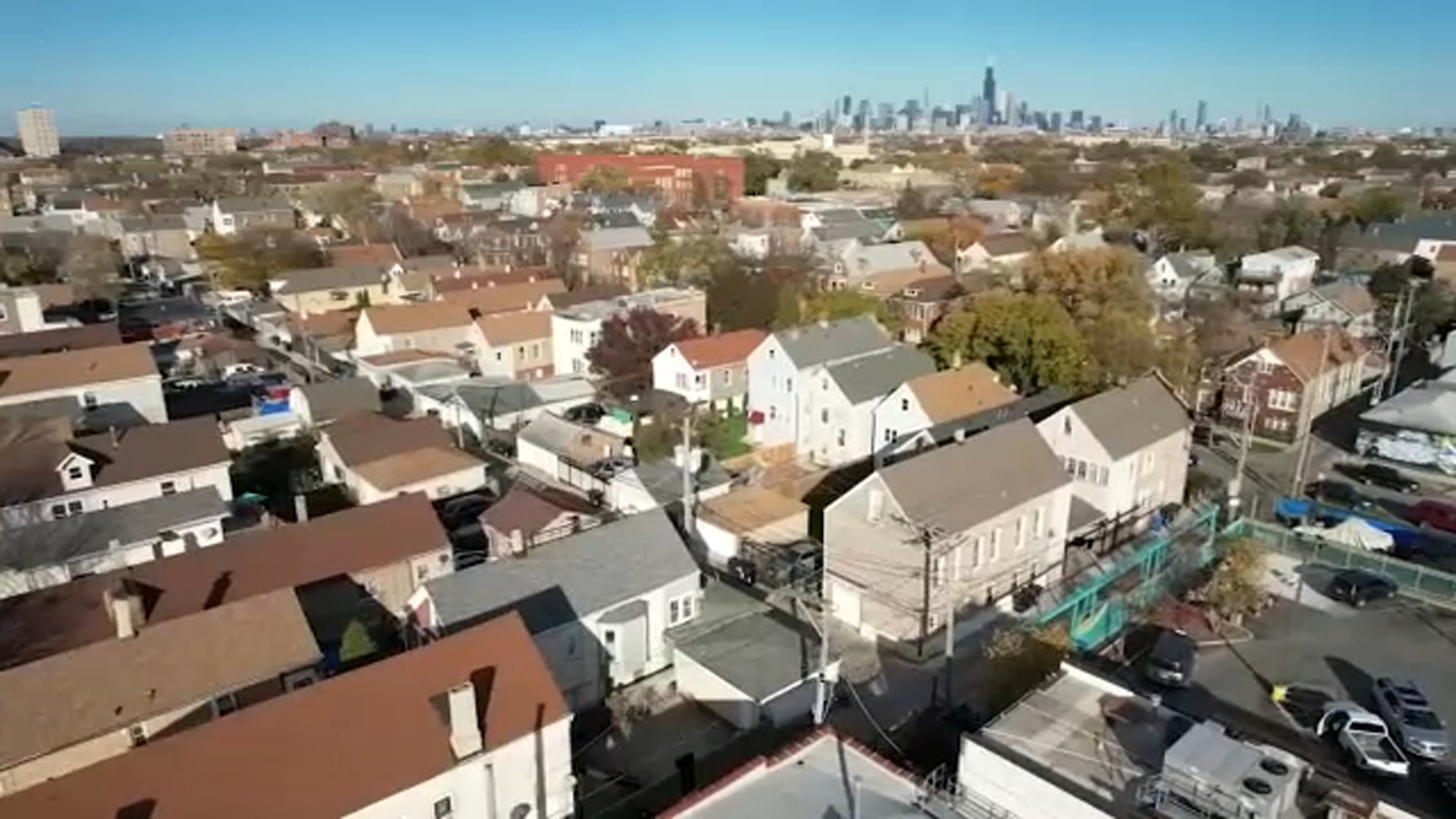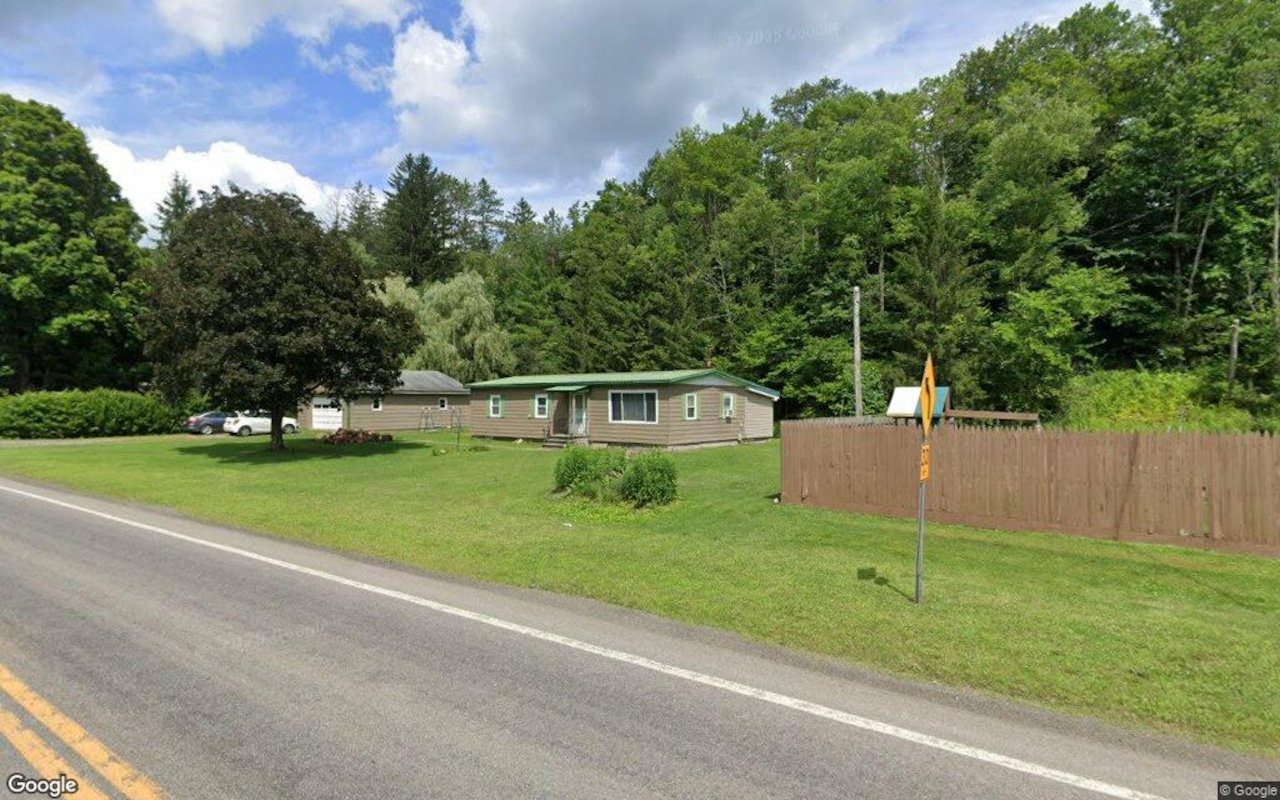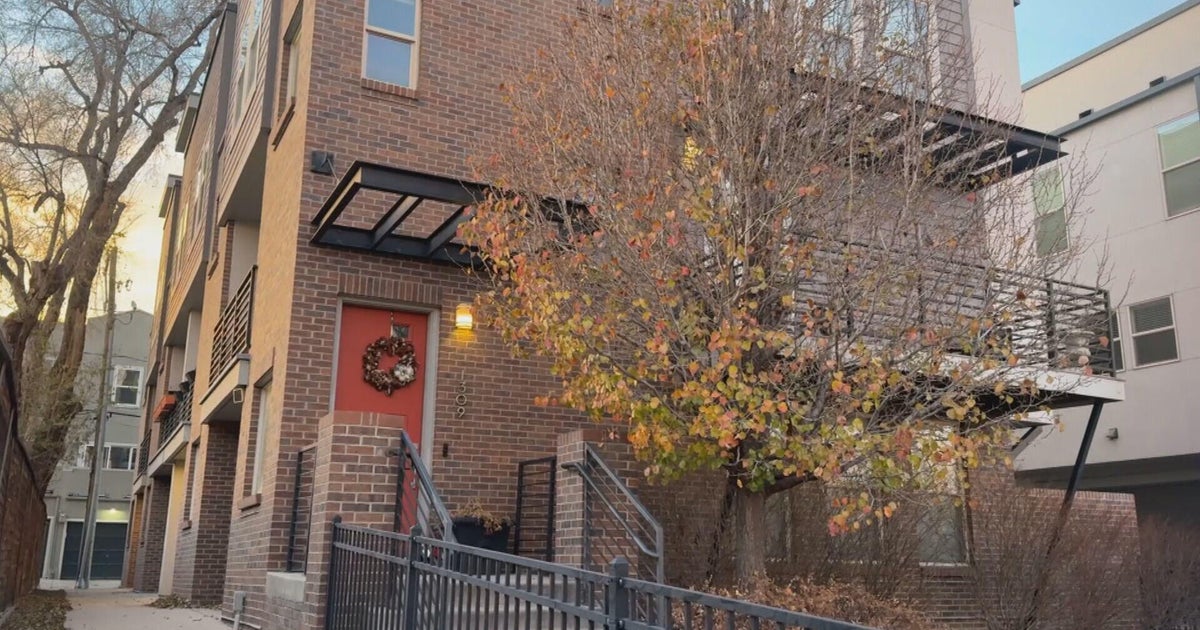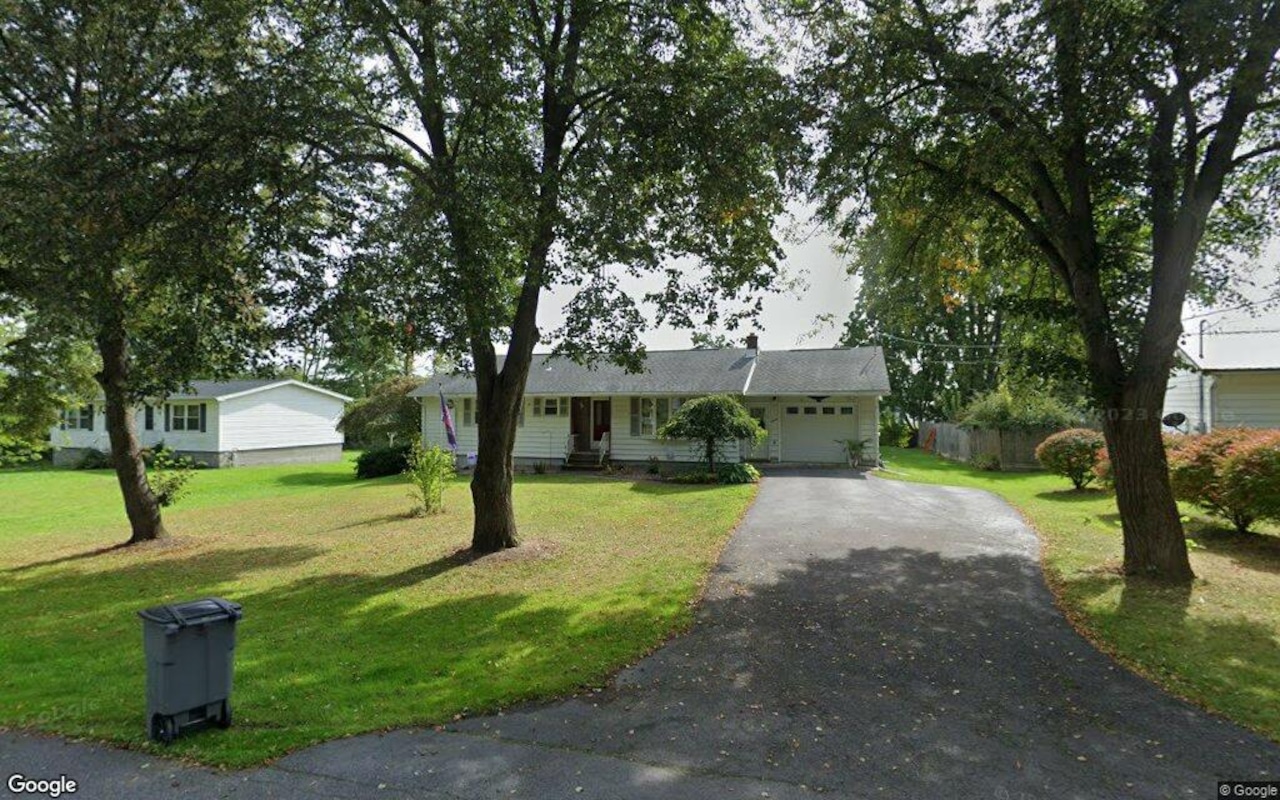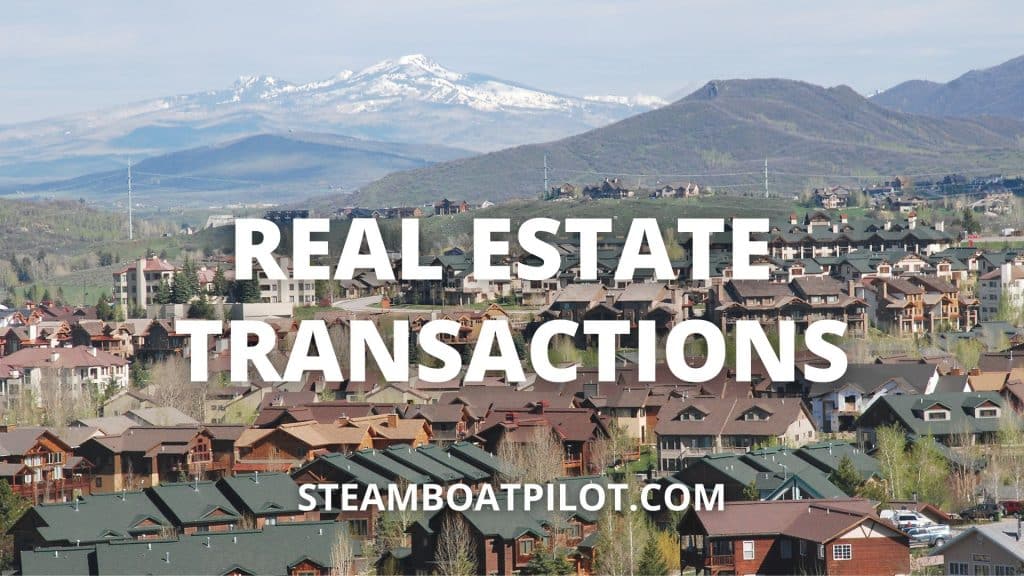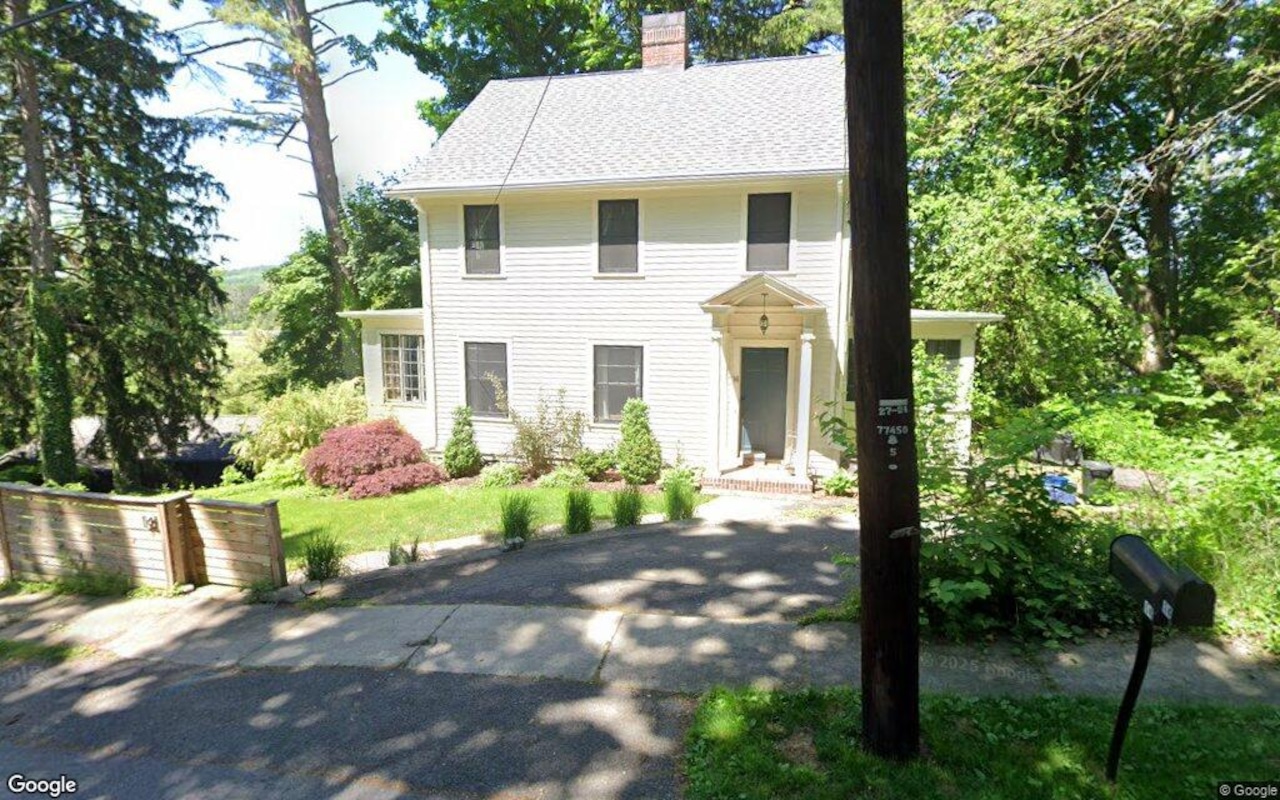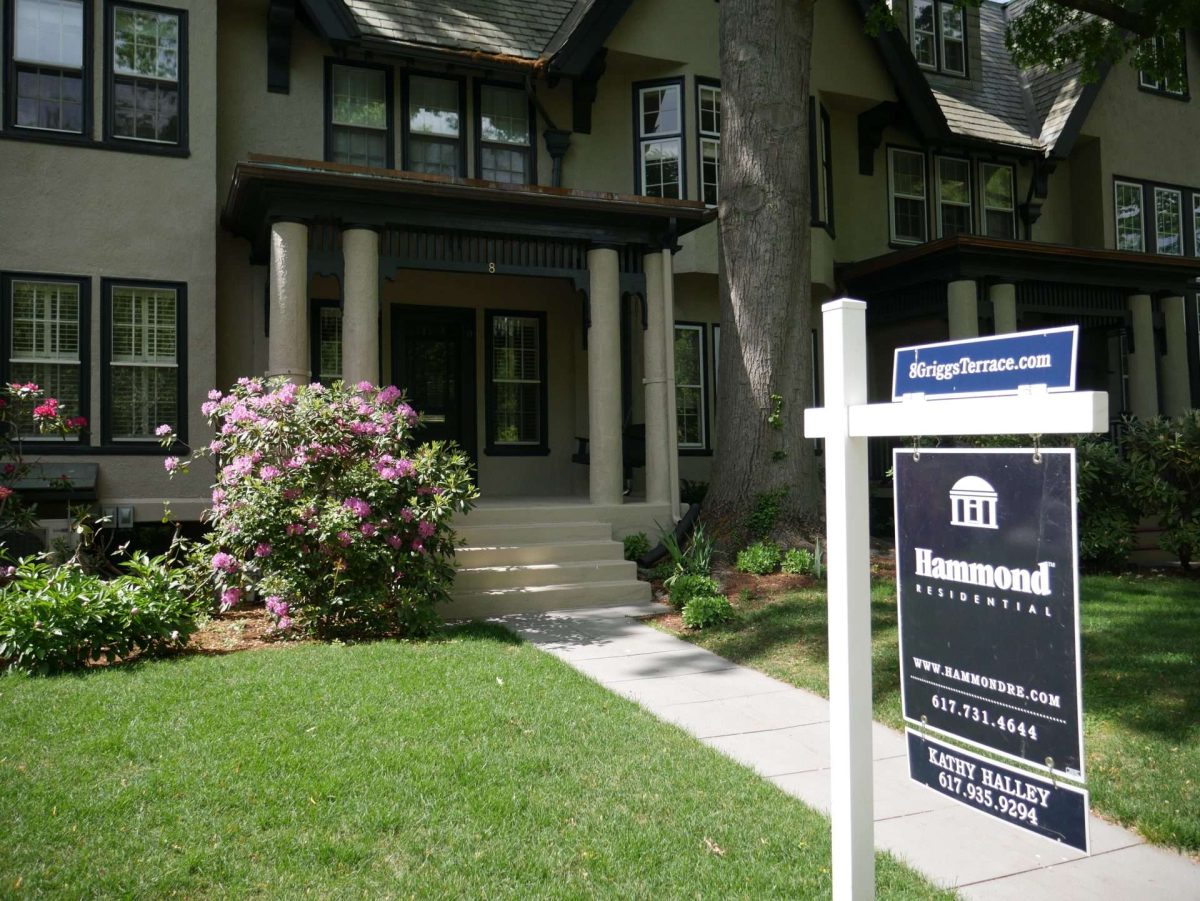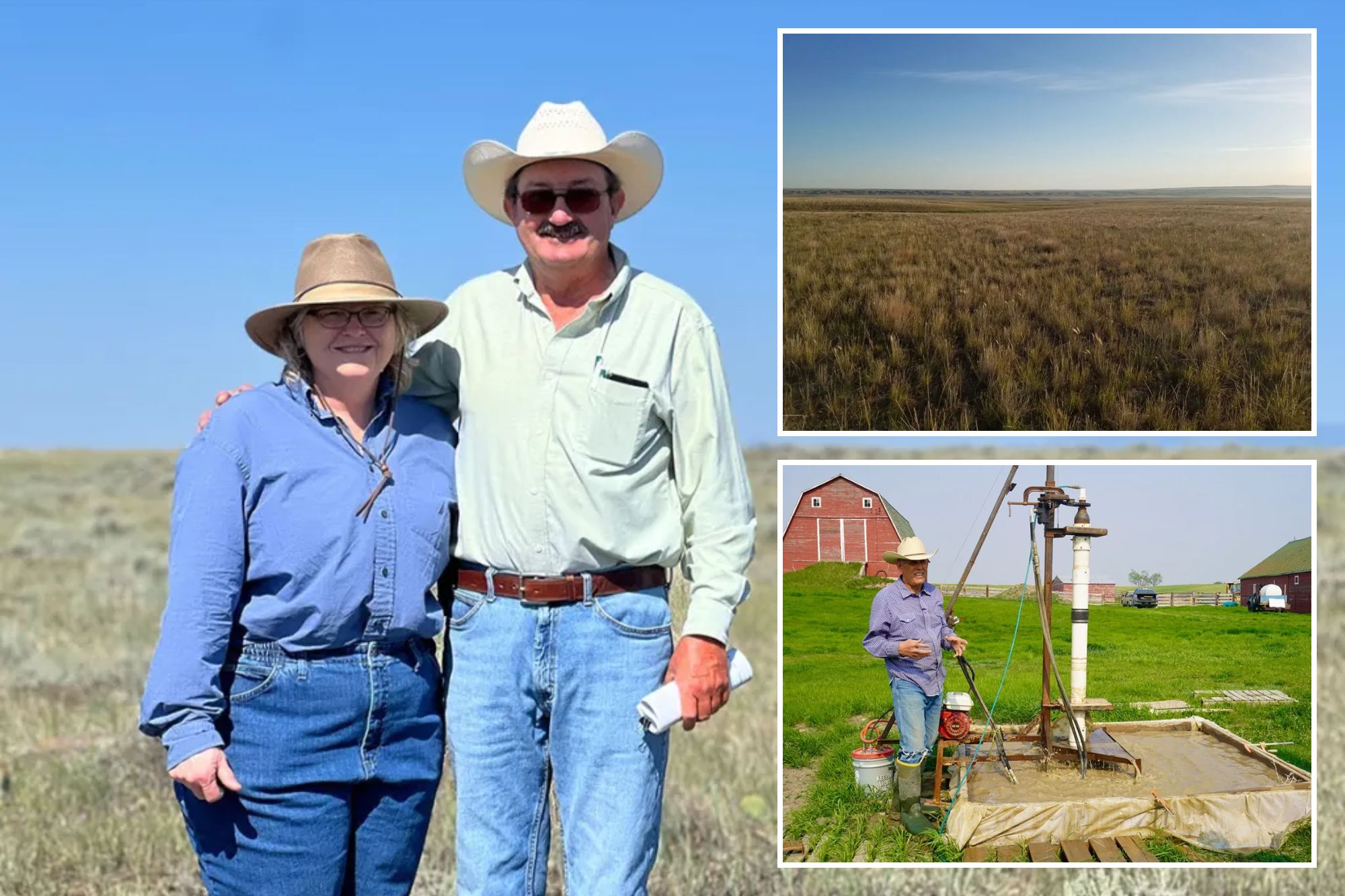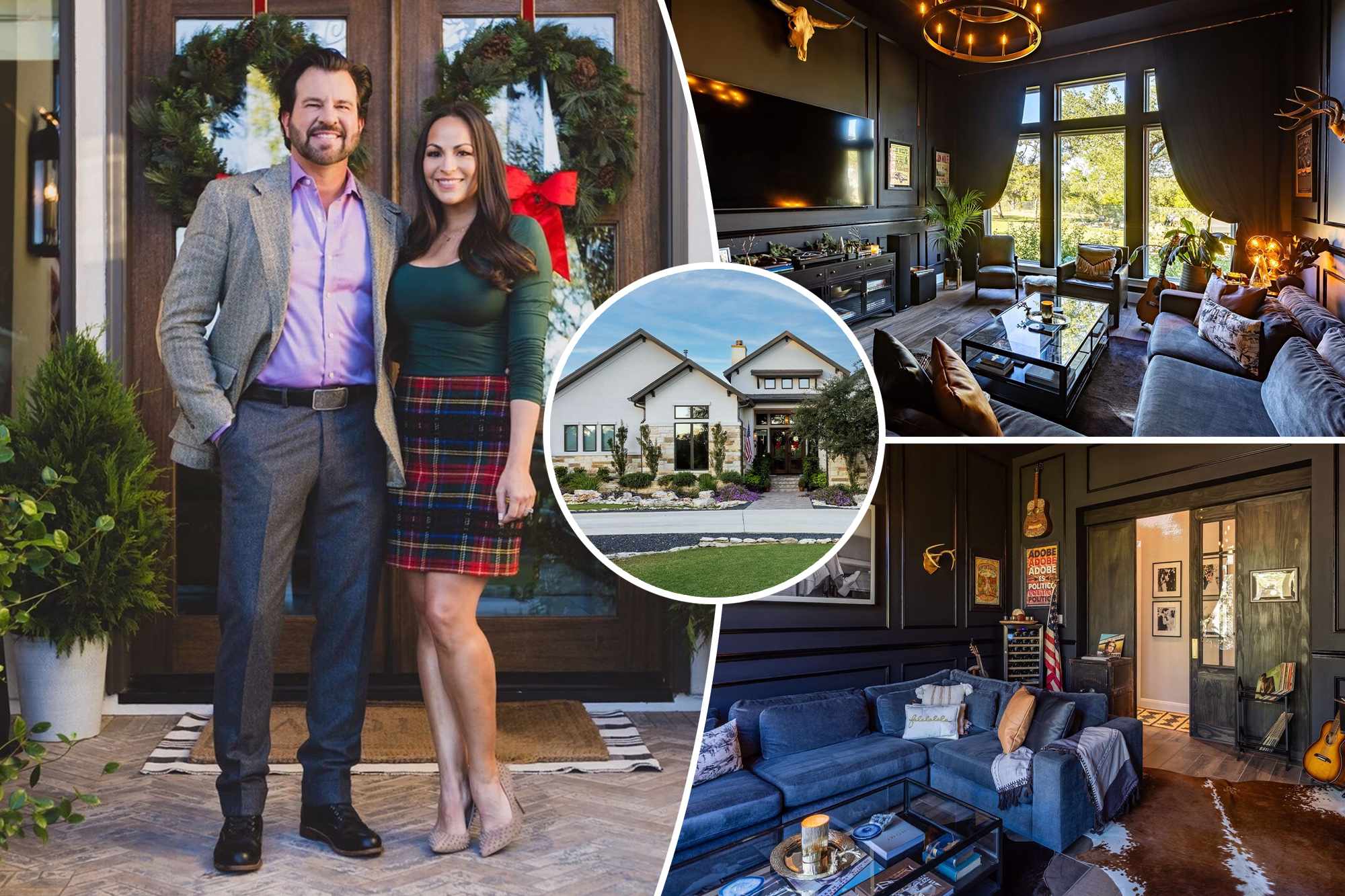O
n Saturday night, Lawndale residents gathered at Harmony Community Church for a “property tax bonfire” to confront the latest spike in Chicago homeowners’ tax bills. The event, organized by community leaders and the Lawndale Christian Development Corporation, aimed to illuminate where the extra money was going and to spark collective action.
Thomas Worthy, a local homeowner, received a statement that was $977 higher than last year’s. “The increase is linked to a TIF, but I don’t understand why it’s on my bill,” he said. “Neighbors and streets are being charged, yet we’re not told why.” Many attendees shared similar concerns, noting that the hikes do not seem to translate into visible improvements in their neighborhoods.
During the gathering, participants discussed potential reforms. One proposal mirrors California’s Proposition 13, capping property taxes at 1 % of assessed value with a 2 % annual rise. Others called for clearer communication from the county and more tangible investment in local infrastructure and schools.
Milton Clayton, a lifelong resident, remarked that while the area has suffered from divestment, there is now a renewed interest in revitalization. “We’re being taxed for prosperity,” he said, highlighting the frustration that tax burdens are rising even as the community seeks to rebuild.
Cook County Treasurer Maria Pappas addressed the crowd earlier that day at a Rainbow PUSH event. She explained that homeowners are no longer required to pay their full balance by December 15. Instead, a payment plan spanning up to 13 months is available online starting December 16. “We set up this option in Springfield last year,” Pappas noted, offering a more manageable approach for residents.
Despite the new payment options, many still demand clarity on the valuation process. “We’re being charged for economics that aren’t present in our community,” Worthy added, pointing to rising utilities and the lack of adequate schools.
Some attendees reported not yet receiving their tax statements, though officials confirmed that bills are being mailed across Chicago throughout the week. The bonfire served as a platform for residents to voice their grievances, propose solutions, and seek transparency from county officials.
The event underscored the growing tension between rising property taxes and the perceived lack of public investment, as well as the need for clearer communication and fairer tax policies in Chicago’s diverse neighborhoods.
